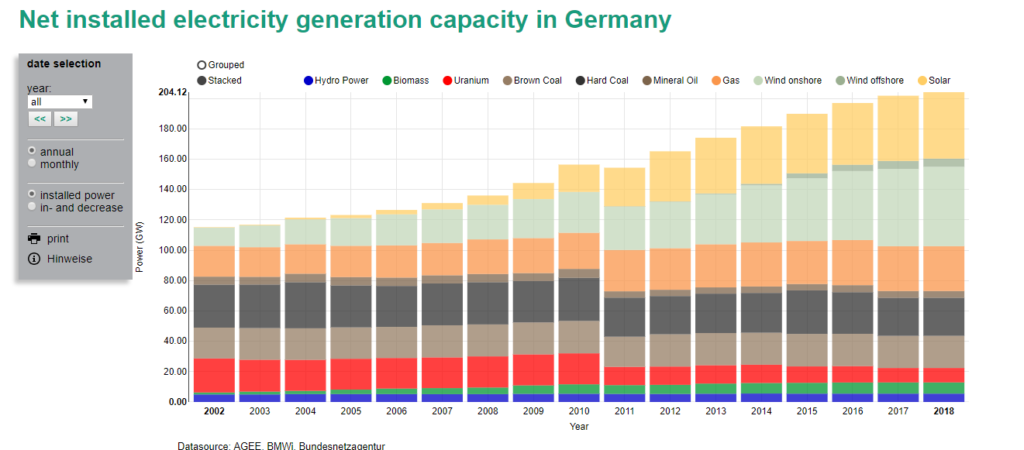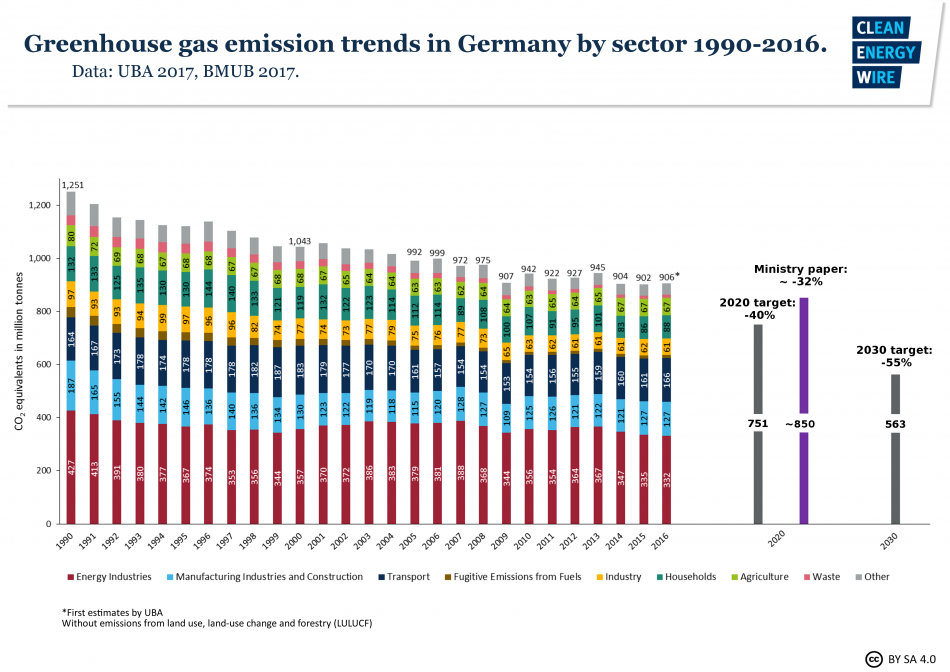Paris Climate Treaty Continues to Fall Apart
A recent article at DW.com had an interesting analysis showing that European nations have almost unanimously failed to achieve their goals for reducing carbon dioxide emissions in accordance to the Paris Climate Agreement.
Here are some of the more interesting excerpts:
“While all European Union countries signed up to the Paris Agreement, most are failing to work towards delivering on its objectives,” says CAN director Wendel Trio.”
“Although countries have had two and a half years to put in place policies on the ground to help get them to their targets, few have done so.”
“This is the case even in Europe, the world’s supposed leader in fighting climate change.”
“The ranking…finds that no country is performing well enough if you look at both ambition and progress…”
“Belgium and Germany have been ranked as “bad” by the report. “It’s becoming very clear these days that Germany has gone from being world champion in climate action to a third division team,” says Hermann Ott from the German League for Nature.”
“German environment minister Svenja Schulze acknowledged the problems. “It is bitter for me to admit that Germany will fail to meet the target we set for ourselves for 2020,” she said. “Germany’s goal has always been to be a pioneer in international climate policy.”
The failure of most European nations to achieve their CO2 reduction goals is important to understand because it shows that intermittent renewable energy sources liked wind and solar are not accomplishing their intended purposes.
Germany is a good example of how good intentions don’t translate into good results. Germany has built an enormous amount of wind and solar, about 96 gigawatts of electricity generation capacity. This constitutes approximately half of Germany’s total installed capacity.

However, the figure below shows German CO2 emissions have been essentially flat since 2008, despite the fact that Germans installed 37.67 gigawatts of solar and 29.53 gigawatts of wind during this time.

These graphs strongly suggest the so-called environmental benefits of wind and solar are greatly exaggerated. Additionally, installing all of this wind and solar is the main reason Germany has the highest electricity prices in Europe.
Minnesota policymakers should look to Europe as an example of mistakes to avoid, not failed policies to emulate.